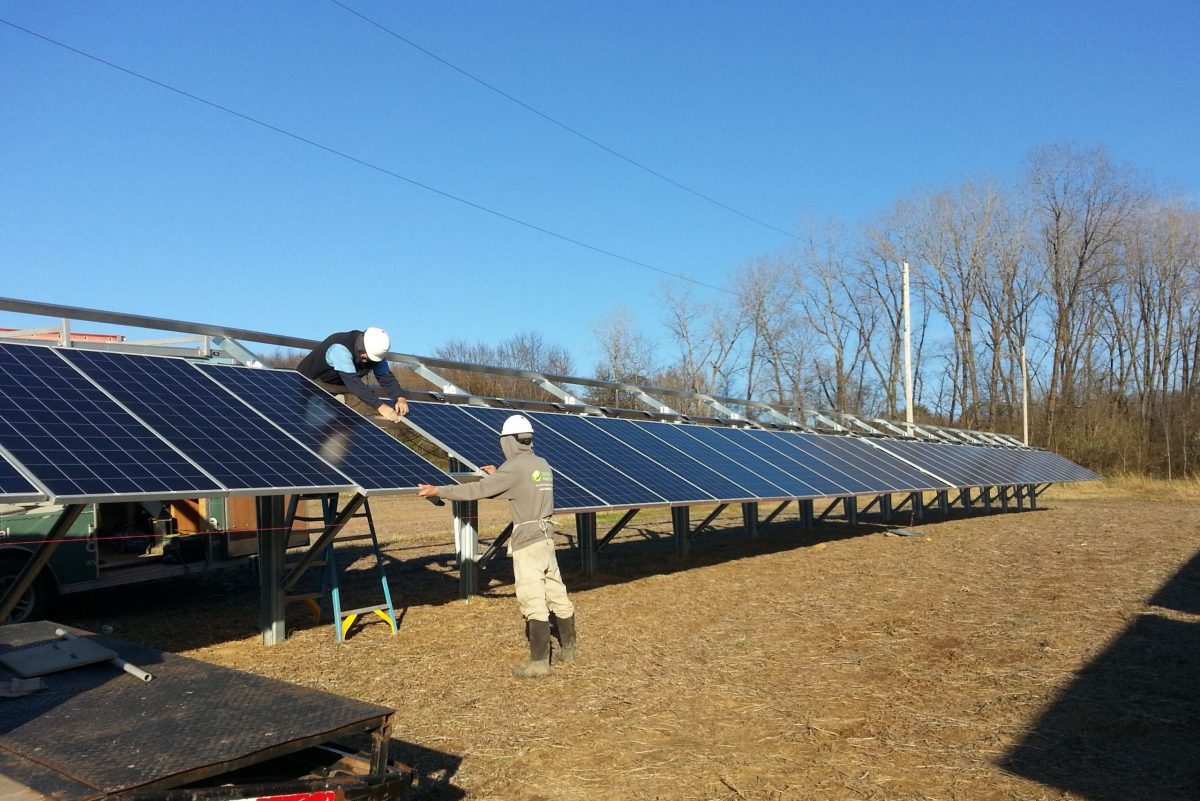If you’re confused with the jargons involved with Solar Energy, we made a glossary to help you stay in the loop.
Solar Panels & Solar Modules
Each panel consists of a chain of cells that generate energy for businesses and homes. They are equipment used to convert light into usable energy. It is common to refer to solar modules as panels.
Solar Energy vs Solar Power
Though solar energy and solar power convey a similar thought, they are different. Solar power refers to the rate at which energy is generated. On the other hand, solar energy refers to how much capacity it can work on. You can also think of it as the capacity to hold power. They also have distinct units.
Watt (W)
Power uses the unit Watt. Note that 1,000W is equal to 1kW. Solar panels generally have up to 320W. However, this can vary depending on the manufacturer.
kWH
Energy uses the unit kWh, which is what you can see on your monthly bills. A 50W light bulb functioning for ten hours will utilize 0.50kWh of energy (500Wh).

Photovoltaic (PV)
Solar photovoltaic equipment converts light into electricity. One example of
PV equipment is solar panels. Typically, solar panels consist of silicon. If you’re not familiar with it, it’s a material that’s derived from sand. It is a natural PV and is devised to enhance the process.
Inverter
An inverter is a tool that turns direct current to alternating current. Solar panels generate DC electricity, however, businesses and homes use AC electricity. Typically, you can expect homes to have 120V to 240V. On the other hand, businesses can utilize 208V. This is where an inverter is needed. It operates in a way that converts electricity into something usable for businesses and homes.
Knowing the terms related to solar power systems is crucial to having a deep understanding of how these systems work. Without that knowledge, it will be difficult to incorporate solar energy systems in your home or business.

